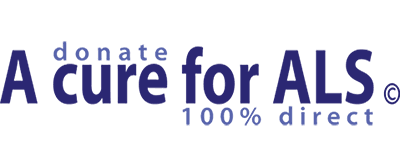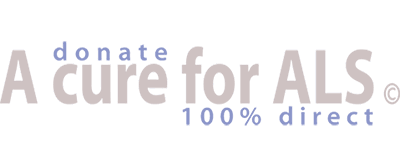Reimbursement speech therapy expanded and facilitated
17/06/2004
Starting June 1, 2003 patients suffering a swallowing impediment will receive a reimbursement for speech therapy. Also, the reimbursement regulations (‘nomenclature’) are facilitated on different areas, for example: children suffering from speech impediments due to cerebral palsy will be reimbursed for longer than 2 years. Frank Vandenbroucke, Minister of Social Affairs and Pensions, has set aside €750.000 for these alterations. With the new nomenclature comes a more detailed registration of the payments. That way, the RIZIV (Belgian Sickness and Invalidity Institute) will be able to better analyse the dispenses.
In global, speech therapy is reimbursed for 3 types of impediments: language and speech impediments (mainly caused by learning or language development problems), vocal problems (e.g. after throat cancer) and hearing impediments. In 2003, minister Vandenbroucke cleared €3,62 million for speech therapy. €2,8 million was used to reassess the speech therapists’ fees. The remaining €750.000 is reserved to expand and ease the reimbursements.
This reimbursement focuses on patients suffering from swallowing impediments (dysphagia). Now, they will also receive a reimbursement, meaning that they will pay €3.91 for a consultation with a regulated speech therapist, instead of €15.65. For patients who benefit from a preferential rate, this will be €1.56.
The facilitation comprises the following items:
- Patients suffering from chronic speech impediments due to neurological or neuromuscular damage, will be reimbursed for longer than 2 years. For example; patients who have ALS or children with cerebral palsy;
- Persons with hearing impairments will be able to visit a speech therapist in a specialist centre, during their rehabilitation;
- A GP can provide a renewal of a prescription, patients no longer need to go to a specialist;
- A consultation at a speech therapist can rise up to 60 minutes, before, this was 30 minutes;
The new nomenclature also implies so called ‘pseudo codes’. These provide useful information about the impediment and place where the patient gets speech therapy. This means that the RIZIV is able to follow and analyse speech therapy expenses.
A speech therapist is regulated when he or she has subscribed to the health insurance fund’s rate agreements. Currently, 98% of 3.650 speech therapists is regulated.
Translation: Iris Oda


